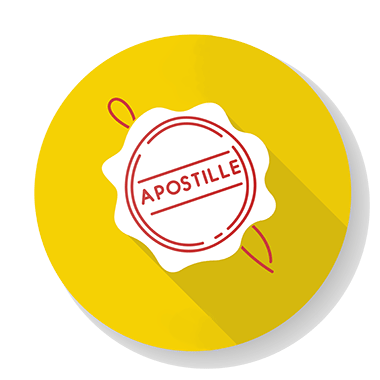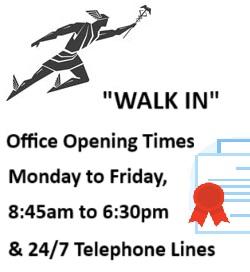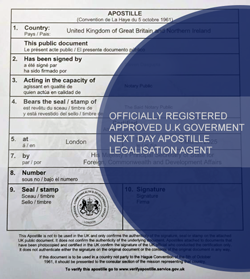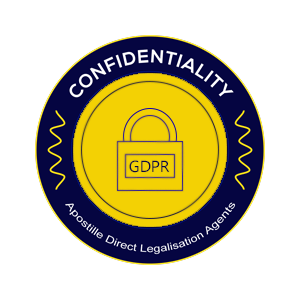E-APOSTILLES and DIGITAL APOSTILLES
Apostille Direct are experienced experts in all aspects of E-Apostille and the digital signatures in electronic forms of certification, as required by the Legalisation Office of the UK government.
Apostille Direct will provide you with a specialist digital signature service, that is required to ensure your papers are electronically certified and signed by a UK notary or solicitor using either:
ADVANCED ELECTRONIC SIGNATURE or QUALIFIED ELECTRONIC DIGITAL SIGNATURE
Apostille Direct are experienced, in supplying specialist digitally signed electronic documentation in an electronic format that fully complies with the E-Apostille requirements of the United Kingdom Legalisation Office.
Please use Apostille Direct to ensure you receive the specialist form of Electronic Digital Signature, necessary to receive from the Foreign Office a digital E-APOSTILLE.
Digital Culture and the emergence of SPECIALIST DIGITAL SIGNATURES required for Electronic E-Apostille.
Digital culture is the relationship between people and the use of technology.
The decades old process of Apostilles and Government Legalisations and much older centuries old notarisation process, is equally shaped by the modern-day digital culture, just as much as in as our everyday lives.
In October 2022 the Legalisation Office of the British Government introduced ‘E-Apostilles’.
E-Apostilles allows for electronically certified documents to be digitally legalised by the British Government Legalisation Office – in effect a digital Apostille – and thereby dispensed with any need for a paper form Apostille.
E-Apostilles and digital Legalisation was already in use in many other countries long before the eventual adoption of E-Apostilles by the United Kingdom Foreign, Commonwealth & Development Office’s Legalisation Department.
The eventual introduction of E-Apostille in the United Kingdom was long in the making and was an inevitability given the successful roll out of digital form Apostilles in a wide number of foreign jurisdictions.
DOES E-APOSTILLE ALWAYS GET ACCEPTED INSTEAD OF PAPER APOSTILLE?
The answer to this question is a resounding NO!
A key point for any person, contemplating obtaining an E-Apostille is that not all parties, or all persons, in all countries and jurisdictions, will in every situation, always accept e-Apostilles, in place of an E-Apostille.
There is absolutely no point in commissioning an E-Apostille service unless you have firstly established and confirmed, beyond doubt, with the eventual intended recipient of your documentation, that they will happily accept an E-Apostille, in place of a paper form Apostille.
A word of warning, in many cases only a paper form Apostille will get accepted, and an E-Apostille will get rejected.
If an E-Apostille is eventually rejected because only a paper form apostille is accepted, then you will have wasted time and money in commissioning the E-Apostille process.
Apostille Direct Legalisation Agents cannot guarantee acceptance of an E-Apostille and will not issue any refunds if the digital form E-Apostille is ultimately rejected.
The onus is on the person requesting the E-Apostille service, to make their own checks and establish that an E-Apostille service will work for their situation and requirements.

HOW DOES THE E-APOSTILLE PROCESS WORK?
Apostille Direct Legalisation Agents Ltd, offer comprehensive assistance for persons seeking an E-Apostille and digital legalisation services.
The Legalisation Office of the United Kingdom British Government’s Foreign, Commonwealth & Development Office (FCDO) will on application, attach an Apostille, which is a stamped official certificate.
In the electronic or digital form, the Apostille is known as an ‘E-Apostille’.
The digital papers for submission for E-Apostille, must have been previously electronically signed by a United Kingdom qualified notary public or solicitor.
The notary public or solicitor cannot attach just any form of electronic signature, and the process will only work with the following forms of specialist electronic signature.
The rules set by the British Government Legalisation Office stipulate it is only possible to obtain an E-Apostille if the document has either of the following forms of electronic signature:
- Advanced Electronic Signature (AES):
- Qualified Electronic Signature (QES):
Apostille Direct Legalisation Agents Ltd. can assist in arranging for these specialist forms of electronic signatures to be attached to your document.
The digital signatures that are applied to your documentation must be compliant with the eIDAS Regulation.
There is more than one provider of the specialist form of digital signatures required, that are open for the solicitor or notary public to use.
One well known leading provider is DocuSign, which supports all levels of digital signatures including Advanced Electronic Signature (AES) and Qualified Electronic Signature (QES).
HOW LONG DOES THE E-APOSTILLE PROCESS TAKE?
Typically the process is either completed in the same day or the next working day, depending on the time of day the application to the Legalisation office is made.
The quickest timescales that the writer has experienced since the introduction of E-Apostilles in 2022 is two hours and the slowest time scale has been two working days.
Generally the timescale is dependent on how busy or well-staffed the Legislation Office is at the exact moment the on-line application is submitted.
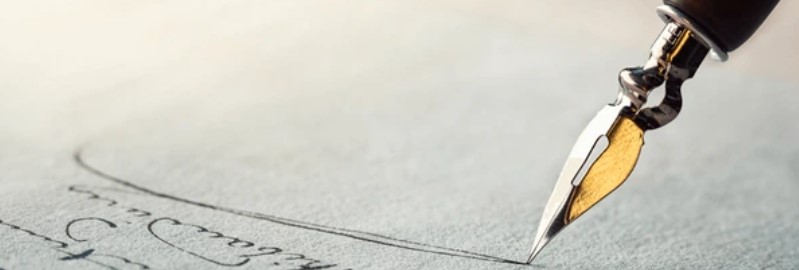
Why Choose Us?
- Secure and Reliable: Our services use the highest standards of digital security to ensure that your documents are protected and unalterable once certified.
- Convenience: Electronic notarisation offers a quick and efficient alternative to traditional paper-based notarisation.
- Global Compliance: DocuSign’s eSignature Platform adheres to international regulatory standards, making it suitable for global transactions.
Considerations Before Using E-Apostille Services
- Acceptance: Ensure that the recipient overseas accepts electronic notarisation and E-Apostille before proceeding.
- Cost Efficiency: Confirm that digital notarisation will be accepted to avoid unnecessary costs.
- Written Confirmation: Whenever possible, obtain written confirmation that digital forms will be accepted by the recipient.
Types of documentation eligible for E-Apostille
The following types of documentation that have been digitally signed by a notary public or solicitor with either Advanced Electronic Signature (AES) or Qualified Electronic Signature (QES), are eligible for E-Apostille applications:
- Electronic copies of Passports, National Identity Cards, Driving Licences
- Academic Certificates, Degree Certificates, Training Certificates
- Powers of Attorney – where electronic signing is permitted by the receiving jurisdiction
- Companies House documentation
- Charities Commission documentation
- HM Revenue and Customs certificates and papers
- Medical Certificates
- Court or Tribunal documents
- Contracts
This is not an exhaustive list of all the documents that can receive an E-Apostille.
Documents Not Eligible for E-Apostille
The following types of documentation can only receive a paper Apostille and are not eligible for E-Apostille:
-
- General Register Office (GRO) issued documents e.g. Birth Certificates, Death Certificates, Marriage Certificates
- ACRO police certificates
- Disclosure Barring Service (DBS) certificates
- Disclosure certificates for Scotland or Northern Ireland
- Fingerprint certificates
- ACCA membership certificates
Contact Us
For any inquiries regarding our e-Apostille services, please reach out to us at: hello@apostille-direct.london
Important Note
The responsibility to ensure that the E-Apostille will ultimately be accepted in the process you are contemplating, rests entirely with you as the individual requesting the service.
If you are unsure if an E-Apostille will get accepted, then you should definitely use a paper form Apostille, instead of an E-Apostille.
Refunds are not issued in cases where a paper form Apostille is required and where the E-Apostille is rejected for that reason.


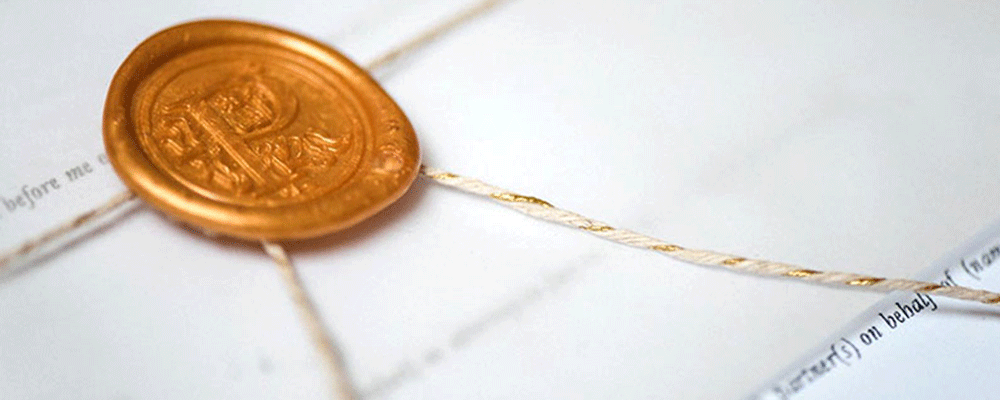
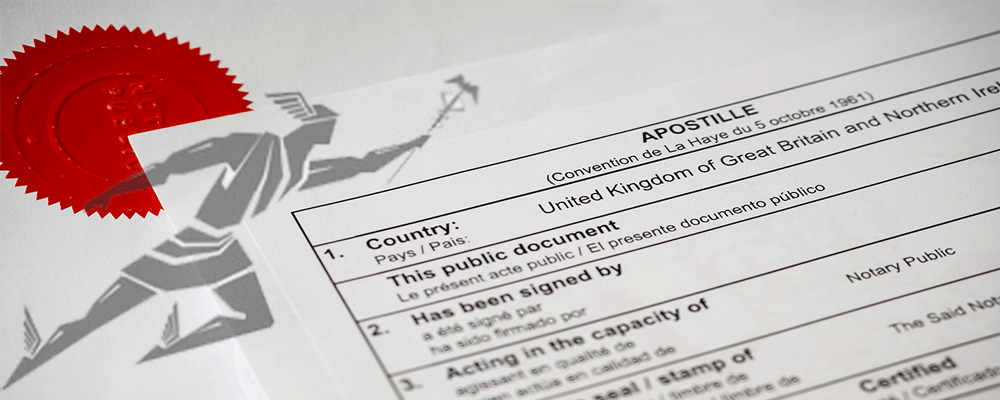

 Located directly opposite CHARING CROSS TRAIN STATION at: Room 102, 8 Duncannon Street, WC2N 4JF, London, United Kingdom
Located directly opposite CHARING CROSS TRAIN STATION at: Room 102, 8 Duncannon Street, WC2N 4JF, London, United Kingdom